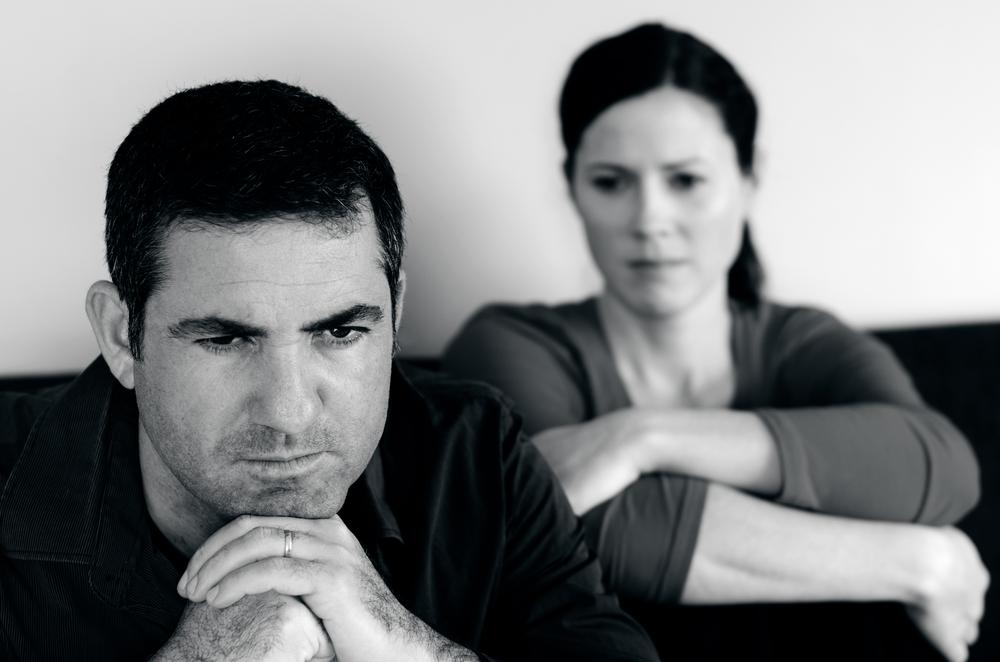Regret is a big topic in therapy. People talk with anger and sadness about the choices they’ve made. They mourn and criticize themselves, speaking with disappointment about how their “bad” decisions ruined their lives. They beat themselves up, with no mercy, for decisions that didn’t deliver the results they wanted.

Nancy Colier
Nancy Colier is a psychotherapist, interfaith minister, thought leader, public speaker, and the author of "Can't Stop Thinking: How to Let Go of Anxiety and Free Yourself from Obsessive Rumination,” “The Power of Off,” and the recently released “The Emotionally Exhausted Woman: Why You’re Depleted and How to Get What You Need” (November, 2022.)
Author’s Selected Articles





